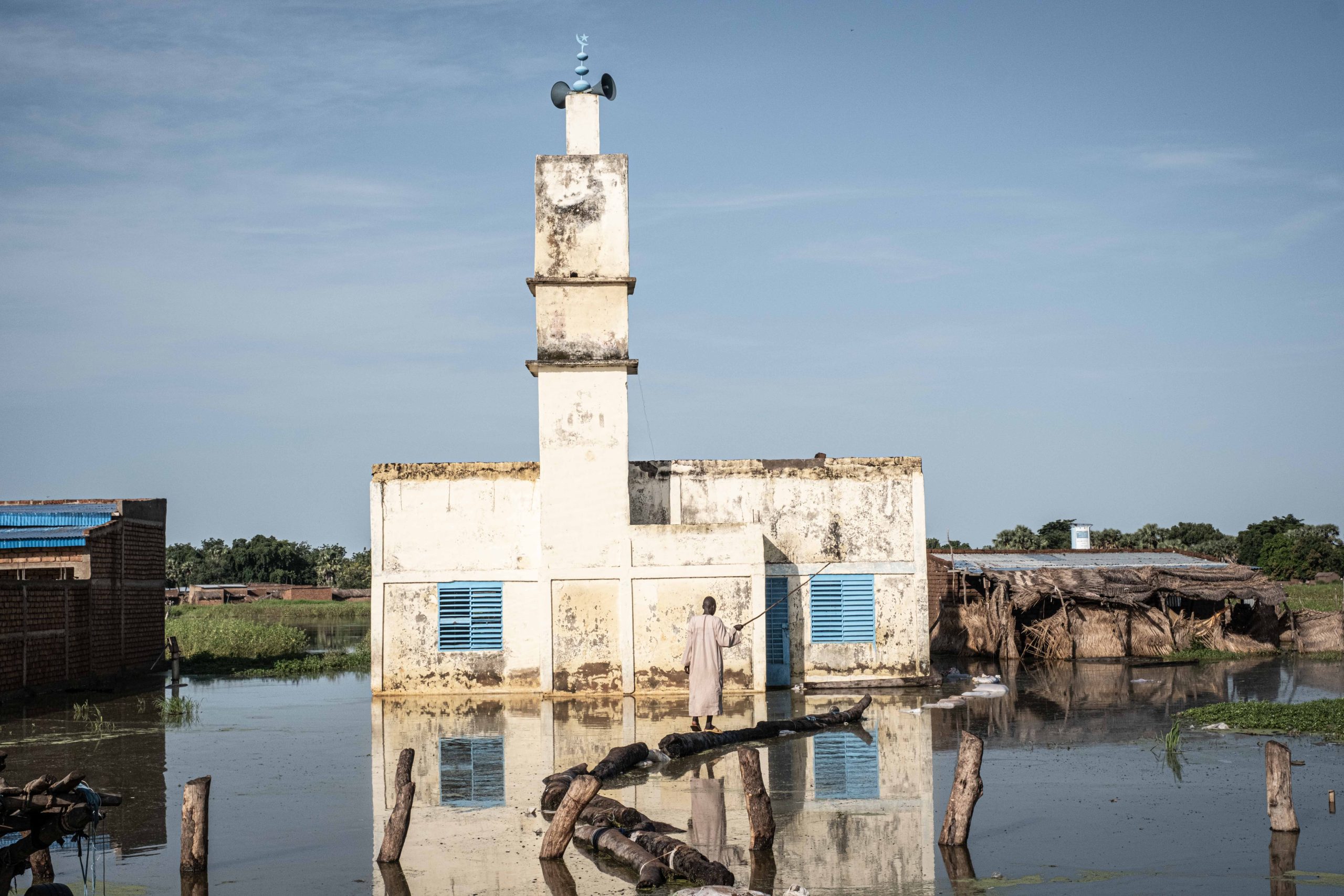Chad – Niger 2024/25
“We have never seen the Chari River reach these levels as it has in recent years. We built dams with sandbags but it wasn’t enough. We don’t have insurance like you in Europe…. No one is coming to help me rebuild all I have lost again,” says Dionakane Silas, 69, in the Walia neighborhood in N’djamena. His home is underwater like those of thousands of other residents who have been forced to live in schools or refugee camps for months.
Torrential rains and devastating flooding have affected approximately 6.9 million people in West, and Central Africa so far in 2024. These natural disasters have destroyed hundreds of thousands of homes and infrastructure, brought agriculture and livestock to their knees in addition to killing several hundred people and causing outbreaks of epidemics.
Chad is among the hardest hit countries with nearly 2 million people affected and nearly 600 deaths. Large areas from the capital and then toward the southern regions of the country have been submerged by water for months, forcing people to abandon their villages to live near the roads in makeshift shelters…
Representatives from 198 countries, including some 100 heads of state, are gathering in Baku (Azerbaijan) today (November 11th 2024) for the 29th UN Climate Change Conference (Cop29 ). At a time of record-breaking global temperatures and one climate disaster after another, COP 29 has been dubbed the “COP of funding”. This COP must focus primarily on climate finance. Negotiations that are of interest and crucial to African states.
Given the devastating floods that have also hit Europe this year ( particularly Spain) the question arises as to whether heads of state, lobbyists, and multinational corporations will have a greater sense of accountability when it comes to making decisions…especially regarding financial aid to the countries most vulnerable to the climate crisis…
Some of the photos from the in-depth journalistic work between Chad and Niger started with Davide Lemmi covering the never-ending climate crisis in the Sahel region and the climate refugee definition.














